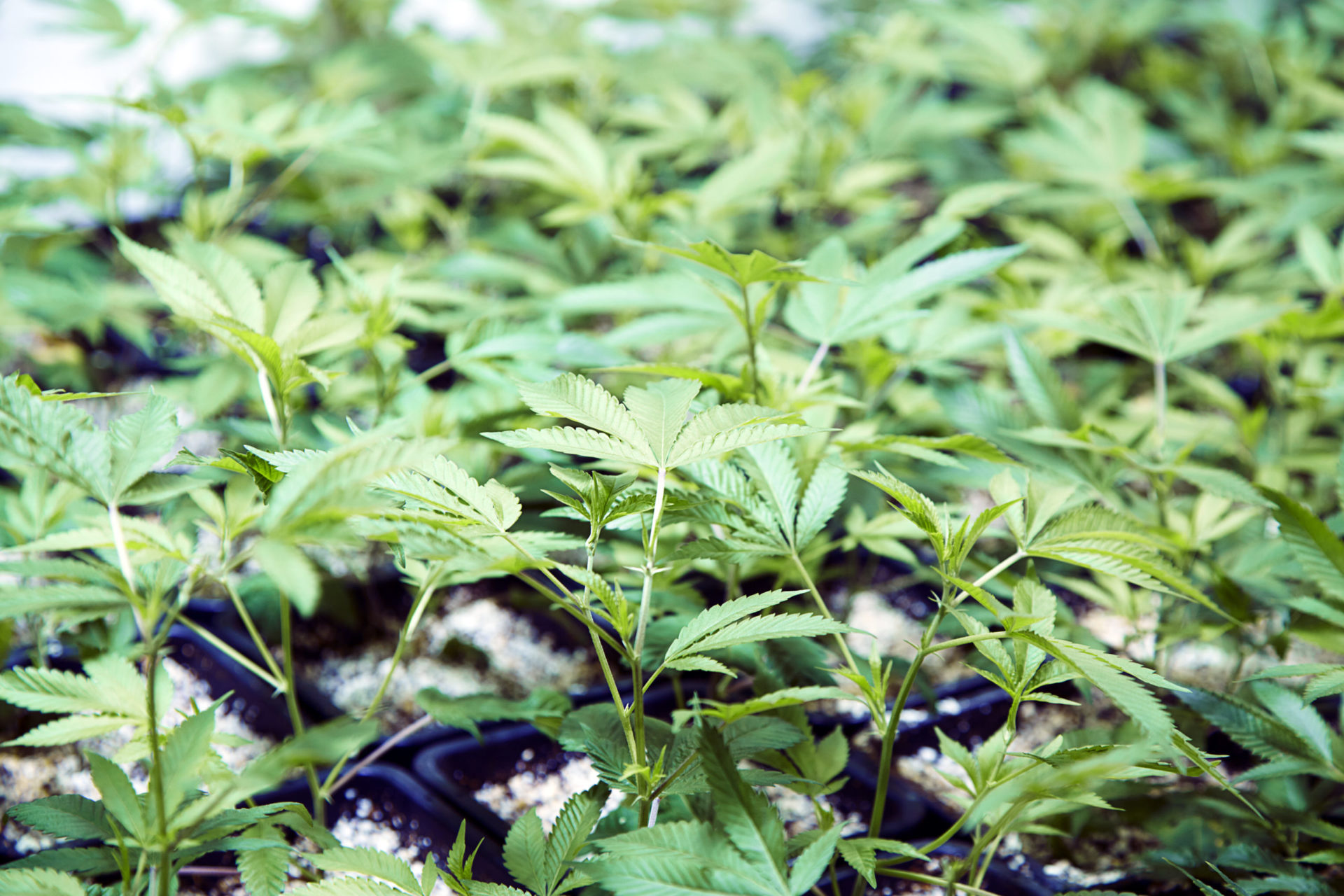The UK won’t lead the cannabis industry but it could be one of the leading players, Professor Barnes told Canex in a recent interview. The consultant neurologist, medical cannabis expert and advocate spoke about what’s going on behind the scenes; why can’t those 2 million people in need get access to medical cannabis; what could be the solution that would help the patients and the businesses and what should the Home Office do for the UK to reach its potential?
Where do you think the UK’s place is in the global medical cannabis industry right now?
I think it’s well behind at least 50 countries in terms of the availability of products and patient numbers. The UK could be a world leader, but that would depend on a few factors. First of all, the government is making the industry more responsive and enabling the British industry to grow.
Although it is not impossible at all, it is very difficult to get a high THC cultivation cannabis licence from the Home Office. The Home Office is not making it easy to obtain such licences, so all the products we use in the clinics in the UK is imported – that is not very good.
We’ve got 6,000 patients prescribed in the UK now, and if you conservatively estimate, then there are 1.4 million illegal medical users. However, this number could very well be around 2 million. So there are 1,994,000 to go.
There is a lot more we could be doing in the National Health Service (NHS) in terms of the products supply chain than we’re doing at the moment.
Medical cannabis has been legal in the UK since 2018 but, as you said, there are only a very few who got access to a sometimes life-changing medicine. What is the reason behind this?
As I said, the government could help the industry more but actually, the main thing that is blocking these prescriptions is the doctors – and I’m talking about these big doctor bodies such as the British Paediatric Neurology Association. The problem with all that is those bodies look upon cannabis as a pharmaceutical product, but cannabis is not a pharmaceutical product, it is a plant. Most, if not all, of these hierarchy medical bodies producing guidelines, has been very negative.
So I think the lack of prescription, particularly in the NHS, is largely down to the reluctance of doctors to consider cannabis as a medicine, which is a shame. I think it is partly ignorance, as many don’t understand it and others don’t want to learn about it.


Canex reports on ground-breaking surveys, studies, researches from the US on a daily basis saying medical cannabis does actually work; it does help people who are suffering from some of the most severe conditions we can imagine. Are you telling me these British doctors don’t also read this research?
I think British medicine is deeply conservative. For example, we had a comment from Professor Helen Cross, who presented evidence of a child’s benefit from cannabis, but they didn’t take a notice of that. Also, if you’ve written a study in a different language, they will reject it and won’t read it – they actually had the gall to say it. It’s ignorance.
No, we haven’t finished doing research on cannabis. There’s an awful lot we need to know about it, and there is endless research to be done, but there’s more than enough research now for it to be prescribed for people for whom nothing else works – chronic pain; chronic anxiety; chronic epilepsy.
Licenced medicines are the end of the road. Doctors say ‘there is nothing else we can do for you’; ‘can I try cannabis then?’, and they say ‘no, that is not a medicine.’ It is complete nonsense. It shows a close mind, and the unwillingness to embrace something that is a little bit different.
What could be the solution here then?
I think what you can do is educate. I mean there are some doctors out there who are a bit sceptical, I don’t mind that, but they do want to learn in order for their patients to give them a valid, unbiased, educated opinion. We’ve got 61 doctors who are prescribing cannabis in the UK – it a tiny number, but 61 is better than none.
I think what it comes down to is education. Education one, two and three. Let’s teach the doctors what it’s all about; let’s show them the evidence. Some of them are asking ‘how do I prescribe a plant?’ Let’s explain to them how to do it. We don’t need every single doctor to prescribe cannabis – nothing remotely like that – but what we do need is for the doctors to have an open mind and be educated about cannabis.
In your report, you said since the legalisation of medical cannabis, 100% of cannabis-based medical products (CBMPs) have been imported from other countries, while the UK is the biggest exporter in the world. What is going on?
It’s inexplicable. GW Pharma, who grow cannabis in parts of the country, export it all; 100% of their products, really.
So we have a ridiculous situation meaning we have to import everything. There are some licenced farmers and companies in the UK with whom the Home Office is happy to grow cannabis, but either nothing has happened in the last few years, or the progress is too slow.
The Home Office needs to get its act together, and issue these licences – and I’m not saying it should be easy to get, but if every paperwork is fine, then don’t delay it. You can be as rigorous as you like but be efficient.
You work with a lot of businesses and organisations in the medical cannabis industry. What’s the mood behind the scenes?
In the hemp sector, which is a rather different industry, I think there is a lot of unrest about the Novel Food Regulations. That’s not passed us, and I think it puts a lot of small CBD companies out of business, so the hemp sector is in a very difficult phase at the moment.
I think those in the medical cannabis space have to be optimists otherwise they wouldn’t be in it. Some are frustrated because, as I said, the progress is so slow, but equally we’re excited to see all those entering the Stock Exchange. With more investment in the sector, those businesses will be able to make farms, build clinics, make dispensaries, and you can get products into the country.
Overall, I think there is a cautiously optimistic mood.


As more companies enter the London Stock Exchange – such as the Israeli Kanabo and the Greek Hellenic Dynamics. Do you think British companies could also join them in the near future, or will the LSE remain more international?
Cannabis is a very international industry, so I think a lot of the companies that enter the market will be international. However, I would love to see some British companies get on the stock market – I know some are moving towards it, however, they are not there yet.
Also, I’d love to see investment in British companies to develop the British cannabis industry. Nothing is wrong with the foreign industry and imports, but developing a British industry after Brexit and Covid could mean a lot of tax revenues and hundreds of thousands of jobs.
Where do you see the UK on the global cannabis market in the next five to ten years?
I don’t think the British will ever lead the market because we’re way too small and way behind, but we have a good medical system in the UK, so we could be one of the leading cannabis players.
I think this will happen in the next five years, but it does take a lot of work by the government and the doctors to make it happen.

